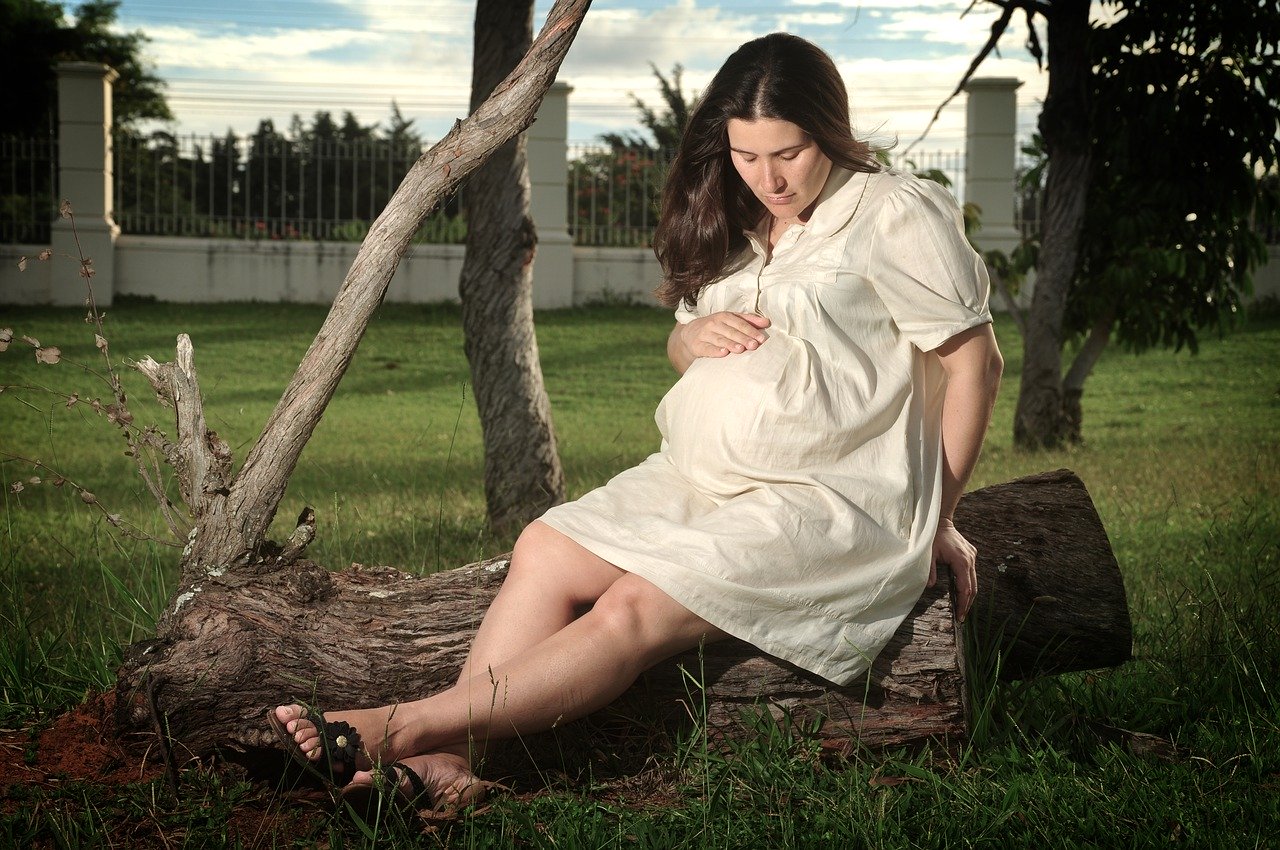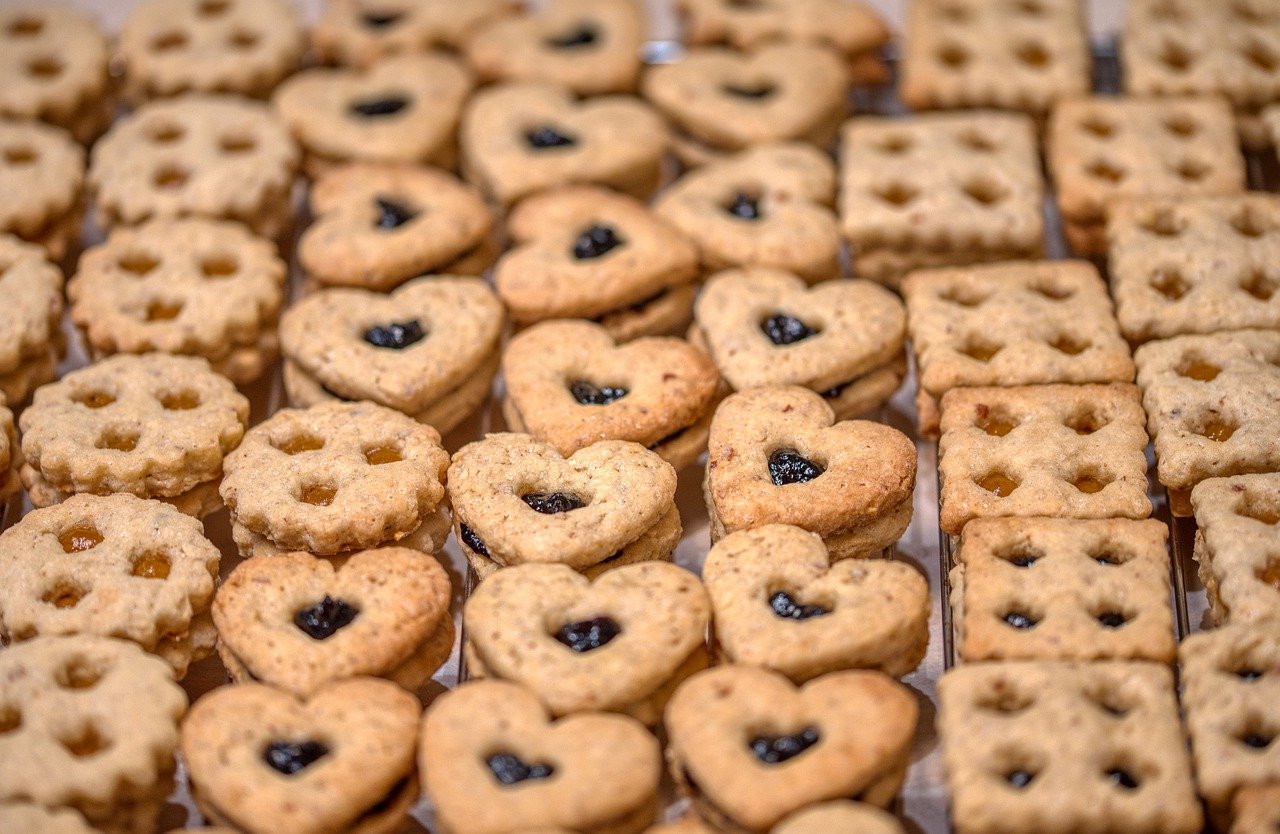In March 2020 researchers from Thailand published the results of their study to assess the use of iodine supplementation in pregnancy A total of 208 pregnant women were involved in … Read more
There is currently insufficient good-quality evidence to support a recommendation for iodine supplementation in pregnant women who are mildly-to-moderately deficient
In April 2020 researchers from the UK published their review of the medical scientific literature to assess the effect of iodine supplementation in mildly-to-moderately deficient pregnant women on maternal and … Read more
Iodine fortification of foods other than salt to prevent iodine deficiency disorders is uncertain although iodine levels are seen to significantly increase
In February 2019 researchers from Australia published their review of the medical scientific literature to assess the effect of fortifying foods, beverages, condiments, or seasonings with iodine alone or in … Read more
Nutrients in foods and/or supplements should be considered when following low carbohydrate diets
In April 2019 researchers from the UK published their review of the medical scientific literature to assess nutrient intake of low carbohydrate diets. A total of 10 studies were involved … Read more
Organic milk in the UK has been found to be 44% lower in iodine than conventional milk with UHT semi-skimmed milk being 27% lower in iodine
In January 2018 researchers from the UK published the results of their study to assess the iodine content of conventional, organic and UHT semi-skimmed milk as milk is the largest … Read more
Individuals who consume milk-alternative drinks not fortified with iodine may be at risk of iodine deficiency
In October 2017 researchers from the UK published their analysis of the iodine content in seven types of milk-alternative drinks (soya, almond, coconut, oat, rice, hazelnut and hemp). A total … Read more






